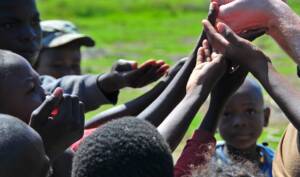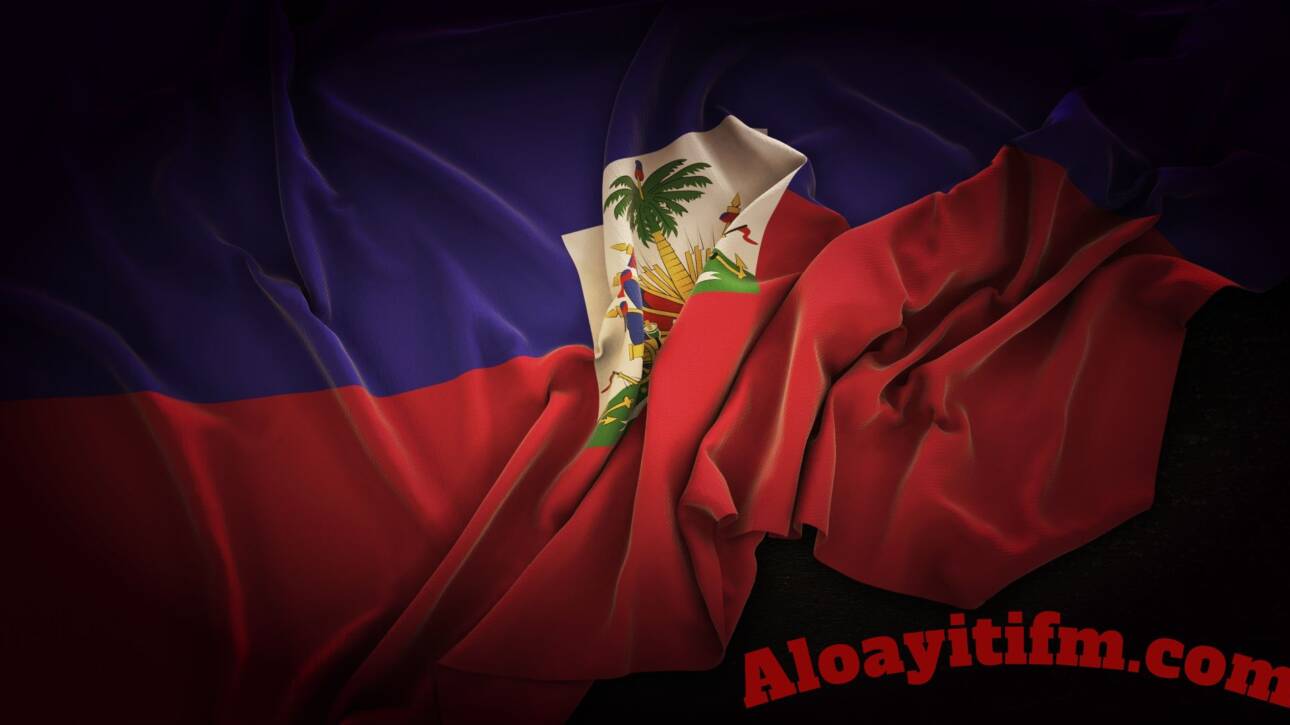In 2024, Haiti faces an unprecedented crisis that significantly impacts international trade and global economic stability. The country is grappling with severe political, security, and humanitarian challenges, including widespread gang violence, which has reached unprecedented levels. As many as 5.5 million people are affected by this violence, disrupting daily life and economic activities [1].
Haiti’s economic outlook remains bleak, with another year of negative growth predicted for 2024. The ongoing instability severely affects the country’s economic activities, reducing its participation in global trade and negatively impacting regional security and humanitarian conditions in the Caribbean and Latin America [2][3].
By May 2024, the calamity in Haiti has escalated to extraordinary proportions, driven by rampant gang brutality. Approximately 5.5 million individuals, including 3 million children, are in dire need of humanitarian intervention. The nation, already beleaguered by political upheaval and a cholera outbreak, now grapples with exacerbated afflictions such as acute food scarcity and restricted access to fundamental amenities.
World Vision expresses profound apprehension over the surge of violence imperiling millions of Haitians, especially the innocent youth. Amidst this chaos, Haitians confront manifold vulnerabilities and existential threats.


What is the current situation in Haiti?
Haiti faces a longstanding crisis exacerbated by escalating gang violence since February 29, 2024, including clashes with police in the capital city, Port-au-Prince. Waves of violence have displaced over 15,000 people in a matter of a week. Thousands are seeking refuge with relatives and friends, with gangs now targeting residential areas.
An estimated 80% of the capital city is under the control of gangs, including the international airport, which remains closed. Looting at Haiti’s main port has depleted critical fuel, water, and food supplies to alarming levels, intensifying an already severe food insecurity crisis.
Haiti is on the brink of a hunger emergency, and thousands are attempting to cross into the neighboring Dominican Republic through unofficial routes. Vulnerable children and their families are desperate for shelter, food, water, and medical assistance. Immediate intervention is imperative to prevent further suffering and loss of life.
“The restriction on free mobility, the closure of businesses, and the difficulties in the supply of products is exacerbating hunger in a country where food insecurity and malnutrition is already chronic. Children are the most affected.” —Joao Diniz, World Vision’s regional leader for Latin America and the Caribbean
How long has Haiti been experiencing a crisis, and what drives it?
Haiti has faced a multidimensional crisis for decades, caused by political unrest and economic instability. The assassination of President Jovenel Moïse in July 2021 exacerbated the political turmoil and led to widespread violence. The COVID-19 pandemic also hit Haiti hard, worsening economic difficulties and straining an already fragile healthcare system. Natural disasters, including the 2010 earthquake, Hurricane Matthew in 2016, and the August 2021 earthquake compounded the hardships facing Haitians. Haiti has also faced repeated cholera outbreaks, with the latest 2022 outbreak continuing to spread throughout the country.
“Hundreds of thousands of children and their families live in some of the most dangerous and besieged communes. Over 362,000 desperate people are internally displaced, and hunger and life-threatening malnutrition are at a record high across the country. A shocking 2 in 3 children need humanitarian aid in Haiti.” —Catherine Russell, UNICEF Executive Director on March 6, 2024

How is World Vision Supporting Vulnerable Haitian Communities Today?
World Vision is urgently appealing for immediate aid to assist vulnerable Haitians. The establishment of a secure humanitarian corridor is imperative to guarantee that essential services such as healthcare, nourishment, and water remain accessible to affected children and families.
Despite the unpredictable circumstances, we persist in our mission to support and protect vulnerable children and families. With a steadfast presence in Haiti for over 45 years, World Vision is unwavering in its commitment to those in need, continuing our operations within the country’s area programs.
Our efforts encompass the delivery of critical humanitarian aid, including sustenance, potable water, and psychosocial support. We are also providing cash assistance and specialized programs to survivors of gender-based violence. Nevertheless, the magnitude of the crisis necessitates an expansion of these efforts.
World Vision is advocating for enhanced cross-border operations to ensure the safety and dignified treatment of children, women, and families fleeing violence, guaranteeing they receive the protection they deserve.





